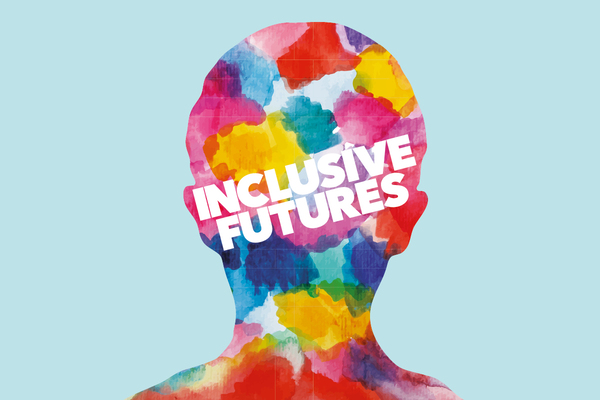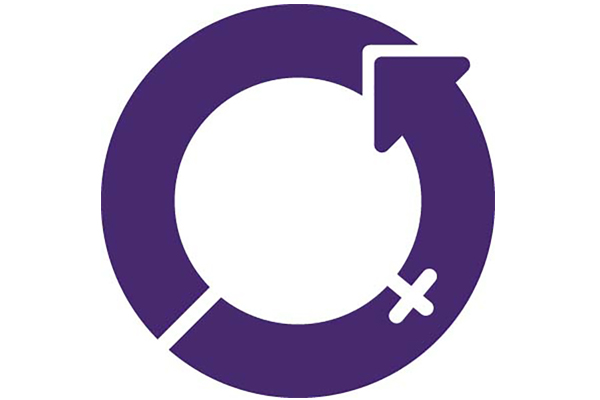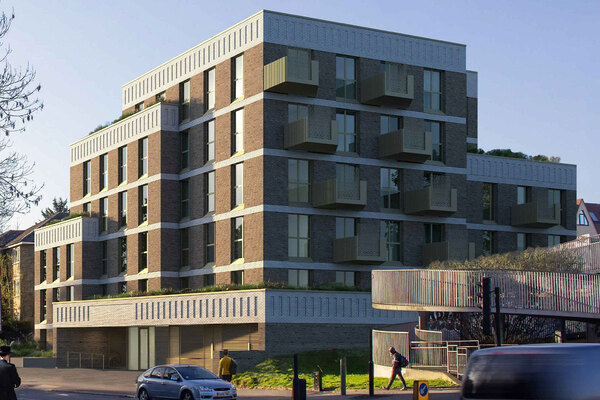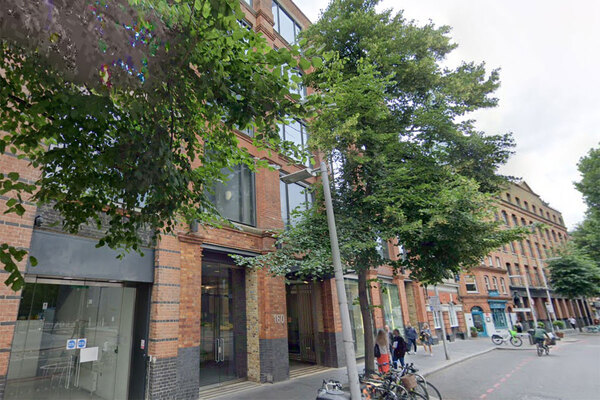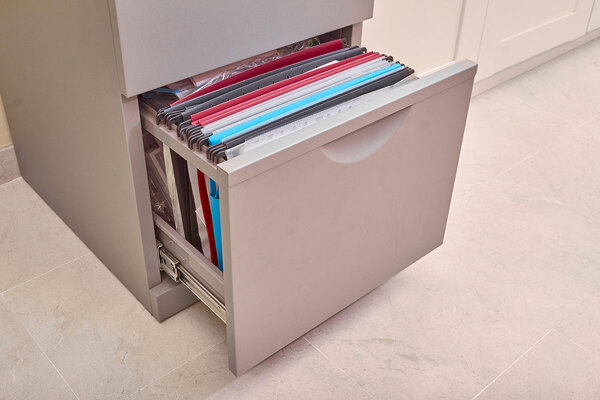You are viewing 1 of your 1 free articles
Some in the sector need a big shove on gender equality
On International Women’s Day, Barbara Spicer writes about her anger that we have a long way to go to achieve gender equality in the housing sector
We deliberately decided to publish our first gender pay gap report on International Women’s Day; it seemed the obvious thing to do.
And to be honest we’re not doing too badly at Plus Dane. If you take the mean hourly rate pay differential, it shows that women are 0.48% higher than men.
We even out relatively well when you look at the other measures, but its certainly not all rosy – at the lower middle quartile we only employ 41% women whereas at the upper it rises to 62.5%.
And in trades it’s still a depressingly low employment rate for women of 13%; a figure we’re not obliged to publish but something I’d like to see all associations committing to.
It’s important to point out that while we are pleased these figures don’t expose specific gender bias, they are not what we aspire to – we want a balanced workforce where both sexes are equally encouraged at every level of the organisation and in every job role.
Which in turn is only one dimension of the diversity we seek… but this is for #IWD2018 so I’ll leave the others for different debates, quite properly being promulgated by Inside Housing.
I think the calling out of us all on these figures has proved to be a really good thing, because it exposed massive pay differentials within, among others, the BBC and refocused our attention on numbers of women in boardrooms and senior positions.
“Ask yourselves a few things; did you let that comment go because you know the guy saying it is a good guy really, and you’re sure he didn’t mean it?”
But it has also ignited a modern anger about the things that continue to happen across all sectors, with far too many people choosing to selectively ignore them; whether that’s the obvious corporate events where women are still used as a commodity to be traded for business favours, to those of us quietly ‘letting go’ of everyday sexism.
I’m sure I will hear a cry from my colleagues across the sector that we simply don’t participate in the first type of event… so what about the second?
This is a direct challenge to all readers – ask yourselves a few things; did you let that comment go because you know the guy saying it is a good guy really, and you’re sure he didn’t mean it?
Did I not call it out this time because it’s always me and I’ll just get stereotyped again?
Or perhaps more personally, would I really want my younger sister/daughter/niece overlooked in that way in this debate?
There’s a host of other questions too, and the perennial challenges to square: “I don’t agree with all male panels but I’ll just speak on this one because the organiser said they couldn’t find any qualified women at short notice” (no doubt they were all out having a manicure).
And when we do call people out, how happy are we with the responses; because for me “I didn’t see it/know about it/it was a junior member of staff/nobody complained last time” just isn’t cutting it.
“We all make mistakes, but it’s how people redeem themselves that matters.”
And if that’s their best response then their best simply isn’t good enough.
Yes, I know, we all make mistakes, but it’s how people redeem themselves that matters.
We should accept nothing less from them than reflection, retraction, a promise to be better and do some unconscious bias training. If not, keep calling their behaviour out – or take your buying power, subs or support elsewhere.
If this all sounds a bit angry, that’s because it is.
But it’s not written in anger.
“I’d ask all of you who in any way believe in gender equality to do just that; push. And push. And push. And push.”
It’s simply because I am angry; angry that women are still saying the things that I thought we agreed on a long time ago; angry that in a sector which is supposed to be focused on social purpose we still see everyday sexism, angry that in 2018 we have to even have a call to #pressforprogress.
But I’d ask all of you who in any way believe in gender equality to do just that: push. And push. And push. And push.
And then when you think you have finished pushing, push again – harder.
Because some people out there in this sector still need a bloody big shove.
Barbara Spicer, chief executive, Plus Dane
Inclusive Futures
Inside Housing’s Inclusive Futures campaign aims to promote and celebrate diversity and inclusion.
We are pledging to publish diversity audits of our own coverage.
We are also committed to proactively promoting positive role models.
We will do this through the pages of Inside Housing. But we will also seek to support other publications and events organisations to be more inclusive.
Our Inclusive Futures Bureau will provide a database of speakers and commentators from all backgrounds, for use by all media organisations.
We are also challenging readers to take five clear steps to promote diversity, informed by the Chartered Institute of Housing’s diversity commission and the Leadership 2025 project.
INSIDE HOUSING’S PLEDGES
We will take proactive steps to promote positive role models from under-represented groups and provide information to support change.
We pledge to:
Publish diversity audits: We will audit the diversity of the commentators we feature. We will formalise this process and publish the results for future audits twice a year.
Promote role models: We will work to highlight leading lights from specific under-represented groups, starting in early 2018 with our new BME Leaders List.
Launch Inclusive Futures Bureau: We will work with the sector to compile a database of speakers, commentators and experts from under-represented groups. The bureau will be available to events organisers, media outlets and publications to support them to better represent the talent in the sector.
Take forward the Women in Housing Awards: Inside Housing has taken on these successful awards and will work to grow and develop them.
Convene Inclusive Futures Summit: Our new high-level event will support organisations to develop and implement strategies to become more diverse and inclusive.
THE INCLUSIVE FUTURES CHALLENGE
Inside Housing calls on organisations to sign up to an inclusive future by taking five steps:
Prioritise diversity and inclusion at the top: commitment and persistence from chief executives, directors and chairs in setting goals and monitoring progress.
Collect data on the diversity of your board, leadership and total workforce and publish annually with your annual report. Consider gender, ethnicity, disability, sexuality, age, and representation of tenants on the board.
Set aspirational targets for recruitment to the executive team, board and committees from under-represented groups.
Challenge recruiting staff and agencies to ensure that all shortlists include candidates from under-represented groups.
Make diversity and inclusion a core theme in your talent management strategy to ensure you support people from under-represented groups to progress their careers.

